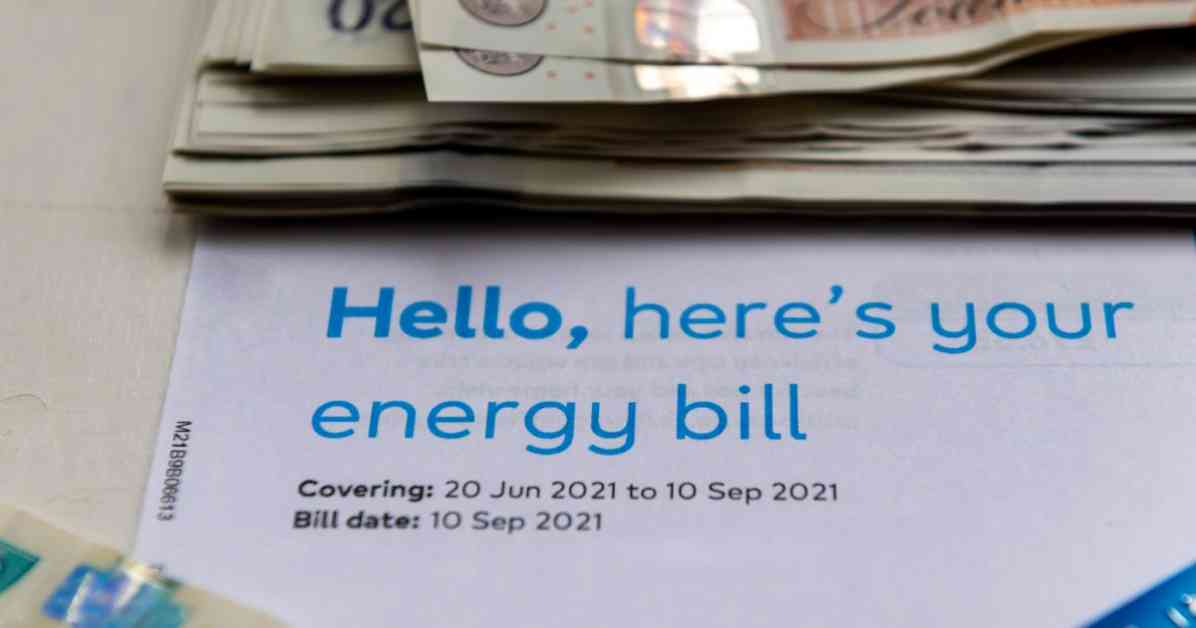Reduce Your Energy Bills by Turning Off Devices on Standby
Devices sitting idly in your home could be hitting your wallet. You might give very little thought to appliances that have been quietly draining power in your home – but some of them could be turned off to save money. Households might be unaware that numerous home appliances can subtly drain small amounts of electricity, cumulatively impacting energy bills over time. While they’re not the primary culprits for high electricity costs, switching them off is a key tactic for saving energy in every household. Real estate expert and owner of Bramlett Residential, Eric Bramlett, has identified the top appliances you “should never” leave on standby. Instead, he stressed the need to power them down.
### Top Appliances to Turn Off
Games consoles: These devices may have energy-saving features, but they also come with significant energy costs. They possess an on/off switch that places them into a low-power standby mode. However, many users neglect to fully power down, or they turn off the TV while leaving the console on, which can lead to costly energy bills. Eric remarked: “They can be real energy hogs on standby. A client of mine saw their energy bills drop after turning off their console when not in use.” The Energy Saving Trust has pointed out that game consoles account for about six percent of a household’s energy bill. Although it may seem minor, consistently turning off your console can amount to substantial savings. An Energy Saving Trust expert also highlighted the importance of updating consoles as this “can improve energy management”.
Cable or satellite boxes: Eric, an energy expert, has warned that leaving appliances on standby can be quite costly. He revealed: “A friend of mine found that unplugging their cable box when not in use made a difference in their monthly energy bills.” These devices in standby mode consume power similar to game consoles.
Older appliances: As electrical appliances get older, they become less efficient and start using more power, often due to malfunctioning parts. One of the main culprits for high energy consumption is an old fridge. While it’s not recommended to turn off such an appliance, upgrading to a newer, more efficient model could be a smart decision.
Microwave ovens: Microwave ovens, even when not in use, draw power just to keep the clock display running. However, you can save some energy by unplugging the microwave or using a power strip to switch it off, which could “lower your electricity bill” according to the expert.
Desktop computers: Desktop computers are known for consuming more energy than laptops, so it’s important to always turn them off completely. Eric advised: “Don’t even get me started on those. Just shut them down when you’re done using them and watch your bills melt away.”
### Additional Tips for Energy Savings
Aside from turning off devices on standby, there are other ways to reduce your energy bills and make your home more energy-efficient. Here are some additional tips to consider:
1. Use power strips: Utilizing power strips for multiple devices can make it easier to switch off appliances when not in use. This can help prevent phantom energy usage and lower your electricity bills.
2. Opt for energy-efficient appliances: When it’s time to replace old appliances, choose energy-efficient models that are designed to consume less power. Look for the ENERGY STAR label when shopping for new devices.
3. Unplug chargers: Chargers for phones, laptops, and other devices continue to draw power even when they’re not charging anything. Unplug them when not in use to save energy.
4. Adjust thermostat settings: Setting your thermostat a few degrees lower in winter and a few degrees higher in summer can help reduce heating and cooling costs. Consider investing in a programmable thermostat for even more control over your home’s temperature.
5. Insulate your home: Proper insulation can help regulate indoor temperatures and reduce the need for excessive heating or cooling. Check for drafts around windows and doors, and consider adding insulation to your walls and attic for increased energy efficiency.
By implementing these strategies and being mindful of the energy usage of your appliances, you can take significant steps towards reducing your energy bills and creating a more sustainable home environment. Remember, every little bit helps when it comes to saving energy and saving money.

